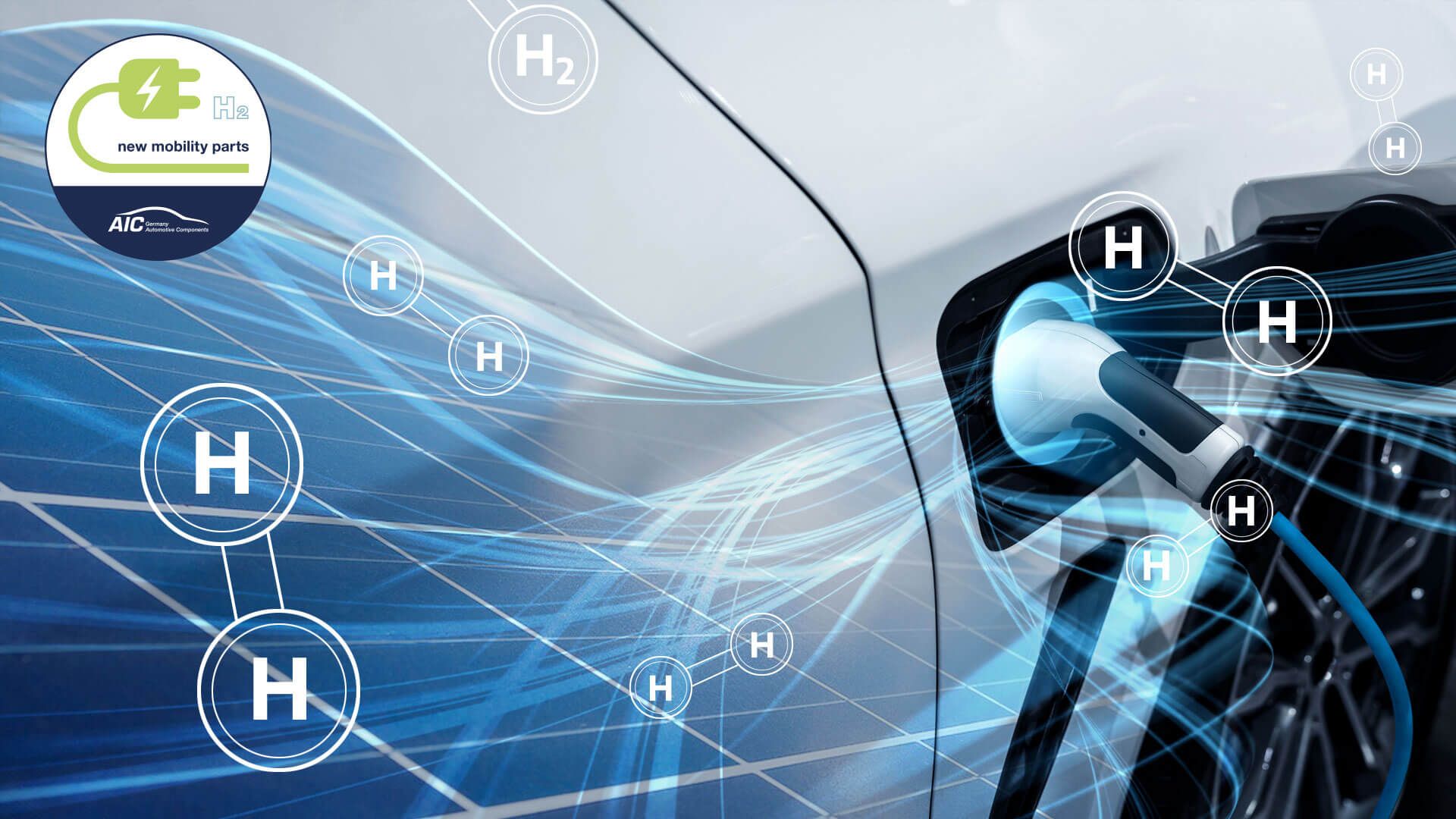Let’s see it as an opportunity
“Beam me up, Scotty!” A phrase that was never said in the original Star Trek has, for whatever reason, burnt itself into the collective memory. No wonder, given the ever-changing problems and challenges of our time, who wouldn’t want to simply “beam away”? But unfortunately, teleportation is not (yet) available to us to avert climate change and solve the energy crisis and other challenges.
Nevertheless, the political goal with regard to private transport is clear: According to the EU’s climate plan, only zero-emission cars are to be newly registered in the EU from 2035. There are several solutions. But the variety of alternative drive systems - such as natural gas or biogas (CNG), mild hybrid (MHEV), full hybrid (HEV), plug-in hybrid (PHEV), electric (EV), hydrogen (FCEV) and synthetic fuels (e-fuels) - with all their pros and cons does not exactly make it easy for manufacturers and consumers to make a decision. Who wants to back the proverbial “wrong horse”? What’s more, the previous, predominantly car-friendly transport policy is also being fundamentally questioned and new mobility concepts are constantly being developed to increasingly push the private car to the sidelines.
At the moment, the situation still seems clear. According to Germany’s Federal Motor Transport Authority (KBA – Kraftfahrt-Bundesamt), almost 45 million of the 48.8 million cars registered in Germany at the beginning of 2023 will be powered by fossil fuels. In view of the ever-increasing average age of cars, they will certainly be on the roads for a long time to come. So, is everything good for fans of the classic combustion engine?
The figures from a KBA press release on the vehicle population on 1 January 2023 speak a different language: “The number of electric (BEV) passenger cars exceeded the million mark on the reporting date with 1,013,009 units. The number of electric (BEV) passenger cars was therefore 63.8% higher than on 1 January of the previous year. There was also significant growth in the number of plug-in hybrids. At 864,712 passenger cars, +52.8% more plug-in hybrids were registered. By contrast, the number of diesel (-2.6%) and petrol (-1.4%) passenger cars declined.”
The aftermarket will also have to face up to the massive changes. Battery-powered vehicles, for example, require around 30% fewer spare parts, especially for the engine, transmission, clutch, exhaust system, emission control systems, fuel tank and fuel line systems.
The integration of vehicles into the Internet of Things (IoT) and the development of autonomous vehicles will change the way cars and trucks are maintained and repaired. These technologies will require advanced sensors and software updates – and possibly fewer traditional mechanical repairs.
At the same time, the spare parts industry could also benefit from advances in 3D printing technology and digital manufacturing thanks to more efficient and cost-effective production and delivery. Other component groups will also grow in the future. This is because the weight of electric vehicles tends to be slightly higher than that of combustion vehicles. Furthermore, electric vehicles are often designed to protect the battery and occupants even better, which requires additional structural reinforcements and safety features around the brakes, suspension, tyres, cooling system (battery), sensors in general and charging technology.
It is indisputable that some doors are closing for our industry. But it is also true that many new ones will open for all those who move with the times. We at AIC want to seize these opportunities and help shape the change process to the best of our ability. All our items that are linked to vehicles with alternative drive systems are now labelled NEW MOBILITY PARTS in the TecDoc.

Contact
Jürgen Liebisch GmbH
Wilhelm-Bergner-Straße 11c
21509 Glinde
AIC Germany is a trademark of
Jürgen Liebisch GmbH.
Fon.: +49 40 253066-0
Fax: +49 40 253066-77
Email:
AIC products are exclusively distributed by wholesalers.
If you are a consumer or a car repair shop, please contact your local
vehicle parts dealer.

